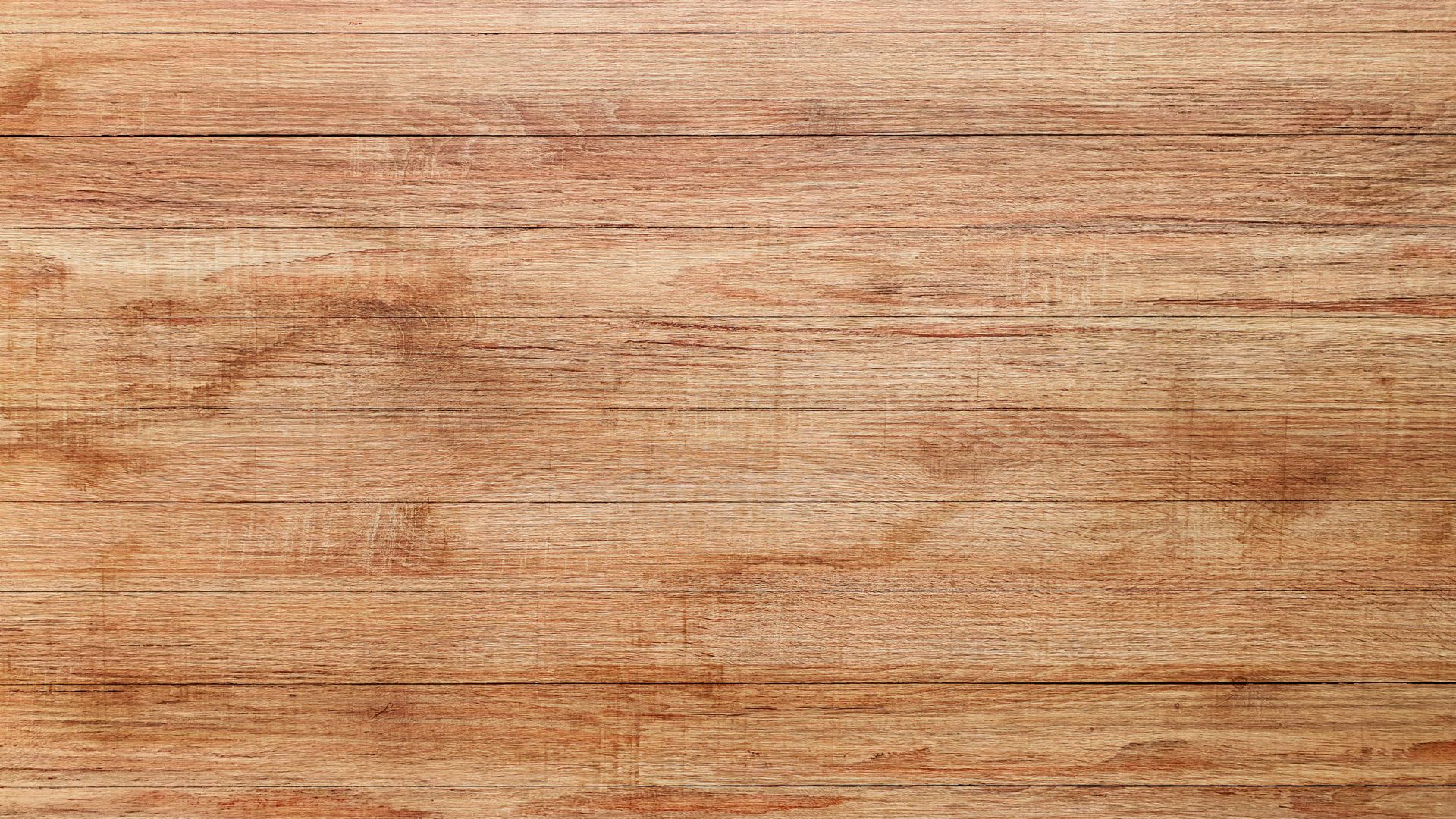Plywood is a versatile and essential material in construction, furniture making, and various other industries. In recent years, the focus on sustainable and environmentally friendly products has increased, and plywood manufacturers in Kerala have been at the forefront of this movement.
These manufacturers not only produce high-quality plywood but also prioritize sustainable practices that benefit the environment.
This blog explores the numerous environmental benefits of using plywood from Kerala manufacturers, highlighting how their practices contribute to resource conservation, reduced carbon footprints, and overall ecological well-being.
1. Sustainable Timber Sourcing
One of the primary environmental benefits of using plywood from Kerala manufacturers is their commitment to sustainable timber sourcing. These manufacturers often source timber from responsibly managed forests, where trees are replanted to replace those harvested. This practice ensures a continuous supply of timber without depleting natural forests, preserving biodiversity and maintaining ecological balance. Sustainable sourcing also minimizes the impact on wildlife habitats, promoting a healthier environment.
Moreover, many plywood manufacturers in Kerala adhere to certification standards such as FSC (Forest Stewardship Council) or PEFC (Programme for the Endorsement of Forest Certification). These certifications guarantee that the timber used in plywood production comes from forests that meet stringent environmental and social standards.
2. Efficient Resource Utilization
Kerala’s plywood manufacturers employ advanced technologies and processes that maximize resource utilization. For instance, modern machinery and optimized production techniques ensure minimal wastage of timber during the manufacturing process.
By efficiently using raw materials, these manufacturers reduce the demand for new timber, thereby conserving forest resources. This approach not only supports environmental sustainability but also enhances the economic viability of plywood production.
3. Low Emission Adhesives
The adhesives used in plywood production play a significant role in determining the environmental impact of the final product. Kerala’s plywood manufacturers have made significant strides in developing and using low-emission adhesives.
Traditional adhesives often contain formaldehyde and other volatile organic compounds (VOCs) that can harm both human health and the environment. In contrast, low-emission adhesives reduce the release of harmful chemicals into the air, contributing to better indoor air quality and a healthier environment.
4. Energy-Efficient Manufacturing Processes
Energy efficiency is another crucial aspect of sustainable plywood production. Plywood manufacturers in Kerala have adopted energy-efficient technologies and practices to minimize their energy consumption.
This includes the use of modern machinery that requires less energy to operate and the implementation of energy management systems to monitor and optimize energy use. By reducing energy consumption, manufacturers lower their carbon footprint and contribute to the fight against climate change.
Moreover, some manufacturers utilize renewable energy sources such as solar or biomass energy to power their operations. Biomass energy, derived from wood waste and other organic materials, provides a sustainable alternative to fossil fuels. The use of renewable energy not only reduces greenhouse gas emissions but also promotes the use of sustainable energy sources.
5. Reduced Carbon Footprint
The overall carbon footprint of plywood production is a critical factor in assessing its environmental impact. Plywood manufacturers in Kerala have implemented various measures to reduce their carbon footprint.
Sustainable timber sourcing, energy-efficient manufacturing processes, and the use of low-emission adhesives all contribute to lower greenhouse gas emissions. Additionally, the transportation of raw materials and finished products is optimized to minimize fuel consumption and emissions.
Furthermore, the lifecycle of plywood products from Kerala is designed to be environmentally friendly. Plywood has a long lifespan and can be recycled or repurposed at the end of its use, reducing the need for new materials and further lowering its carbon footprint.
6. Waste Management and Recycling
Effective waste management and recycling practices are integral to the environmental sustainability of plywood production. Plywood manufacturers in Kerala have established robust waste management systems to handle and recycle production waste.
This includes recycling wood residues, such as sawdust and wood chips, into new plywood products or other useful materials. By minimizing waste and promoting recycling, manufacturers reduce the environmental impact of their operations.
In addition to recycling production waste, many manufacturers have implemented initiatives to recycle used plywood products. These initiatives encourage consumers to return old or damaged plywood for recycling, preventing it from ending up in landfills. The recycled plywood can be repurposed into new products, closing the loop and promoting a circular economy.
7. Water Conservation
Water conservation is a critical aspect of sustainable plywood production. Plywood manufacturers in Kerala have adopted various water-saving technologies and practices to reduce their water consumption.
This includes the use of closed-loop water systems that recycle and reuse water within the production process. By minimizing water usage, manufacturers help conserve this vital resource and reduce their environmental impact.
Moreover, some manufacturers treat and recycle wastewater generated during production. Advanced wastewater treatment systems ensure that water discharged into the environment meets high-quality standards, preventing pollution and protecting local water bodies. These water conservation practices contribute to the overall sustainability of plywood production in Kerala, highlighting the manufacturers’ dedication to responsible resource management.
8. Preservation of Local Ecosystems
The sustainable practices adopted by plywood manufacturers in Kerala play a crucial role in preserving local ecosystems. Responsible timber sourcing ensures that natural forests are protected and biodiversity is maintained.
By supporting sustainable forestry practices, manufacturers help conserve wildlife habitats and promote the health of forest ecosystems. This preservation of local ecosystems is vital for maintaining ecological balance and protecting the environment.
9. Promotion of Sustainable Construction
The environmental benefits of using plywood from Kerala manufacturers extend beyond the production process to the end use of the products. Plywood is a versatile and sustainable building material that is used in various construction applications.
Its use promotes sustainable construction practices, as plywood is renewable, recyclable, and has a lower environmental impact compared to other materials such as concrete or steel.
Moreover, the use of high-quality, sustainably produced plywood contributes to the overall sustainability of construction projects. Builders and architects increasingly prioritize environmentally friendly materials, and plywood from Kerala manufacturers meets these criteria.
Conclusion
The environmental benefits of using plywood from Kerala manufacturers are extensive and significant. From sustainable timber sourcing and efficient resource utilization to low-emission adhesives and energy-efficient manufacturing processes, these manufacturers demonstrate a strong commitment to environmental stewardship.
Their practices not only enhance the sustainability of plywood production but also contribute to the preservation of local ecosystems and the promotion of sustainable construction.
As consumers and builders increasingly seek eco-friendly materials, the role of plywood suppliers in Kerala becomes ever more crucial in supporting environmental sustainability. By choosing plywood from Kerala manufacturers, we can contribute to a greener and more sustainable future.









